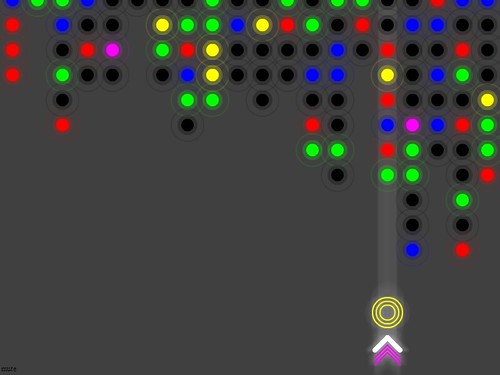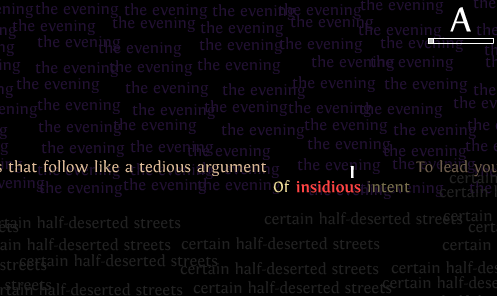Nonlinear Storytelling in Games: Deconstructing the Varieties of Nonlinear Experiences
What is “the mark of the narrative”? In chapter 1 of her book, Marie-Laure Ryan, discusses the transmedial nature of narrative and gives a broad definition provided by H. Porter Abbott: Narrative is the combination of story and discourse. I believe the distinction of story and discourse is quite novel and under-appreciated in the area of interactive storytelling. For the purposes of this discussion, I’d like to deconstruct the nonlinear in narrative to give deeper insight into what this relationship between story and discourse actually entails. The term nonlinear takes many meanings depending on context, which is a result of the complexity in the meaning of both story and discourse.


 Rationalization
Rationalization ![players collaborate with [giantJoystick]](http://www.we-make-money-not-art.com/wow/0aagiantjoyst4.jpg)





 In
In 


